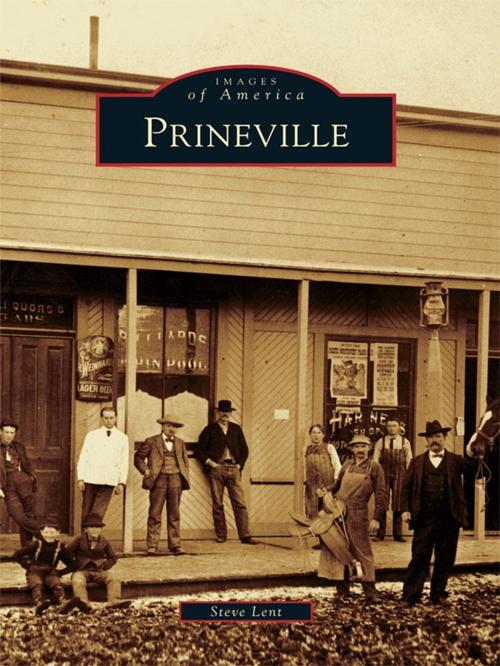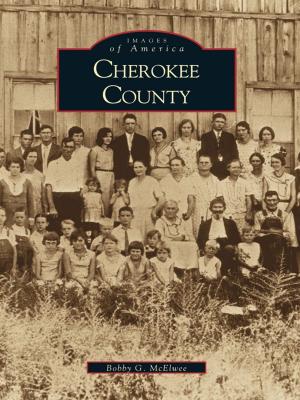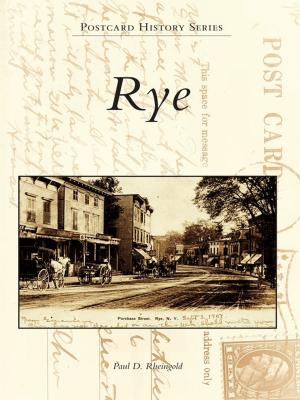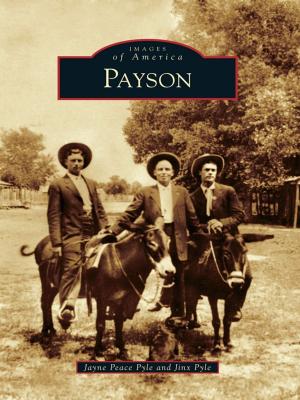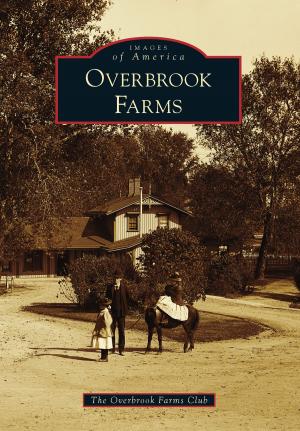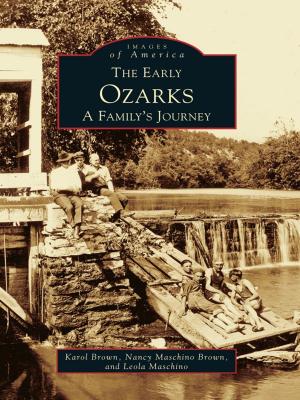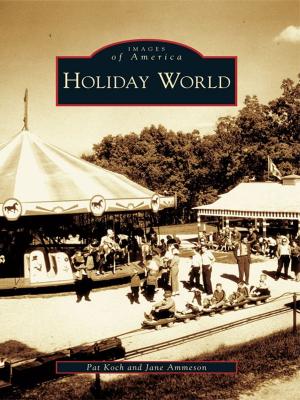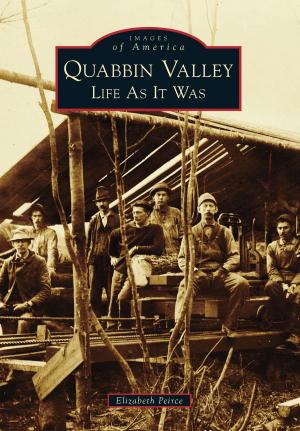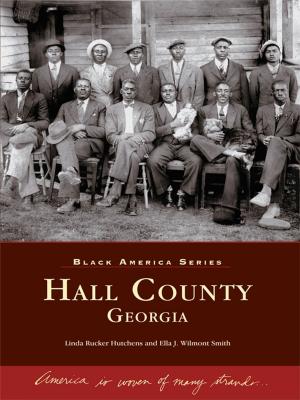| Author: | Steve Lent | ISBN: | 9781439634370 |
| Publisher: | Arcadia Publishing Inc. | Publication: | January 24, 2007 |
| Imprint: | Arcadia Publishing | Language: | English |
| Author: | Steve Lent |
| ISBN: | 9781439634370 |
| Publisher: | Arcadia Publishing Inc. |
| Publication: | January 24, 2007 |
| Imprint: | Arcadia Publishing |
| Language: | English |
Early in 1868, Francis �Barney� Prine arrived in the Crooked River Valley of Central Oregon, established a blacksmith shop made of logs, and dispensed spirits from the back of the cabin. Prine saw the potential for development and industry along the lush banks of Crooked River and Ochoco Creek, and as more and more settlers arrived, the post office of Prine was established in 1871. The community soon emerged as a major commercial center for Central Oregon, one of the last frontiers in the state. In fact, Prineville boasts the only remaining city-owned railroad to operate in the United States. The decline of the timber industry led to hard times, but after Les Schwab established the headquarters of his emerging tire empire in Prineville, the city became one of the burgeoning communities in the Northwest.
Early in 1868, Francis �Barney� Prine arrived in the Crooked River Valley of Central Oregon, established a blacksmith shop made of logs, and dispensed spirits from the back of the cabin. Prine saw the potential for development and industry along the lush banks of Crooked River and Ochoco Creek, and as more and more settlers arrived, the post office of Prine was established in 1871. The community soon emerged as a major commercial center for Central Oregon, one of the last frontiers in the state. In fact, Prineville boasts the only remaining city-owned railroad to operate in the United States. The decline of the timber industry led to hard times, but after Les Schwab established the headquarters of his emerging tire empire in Prineville, the city became one of the burgeoning communities in the Northwest.
